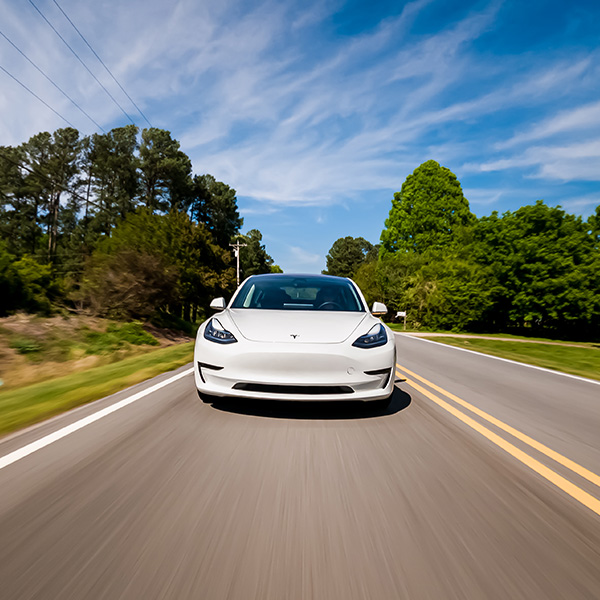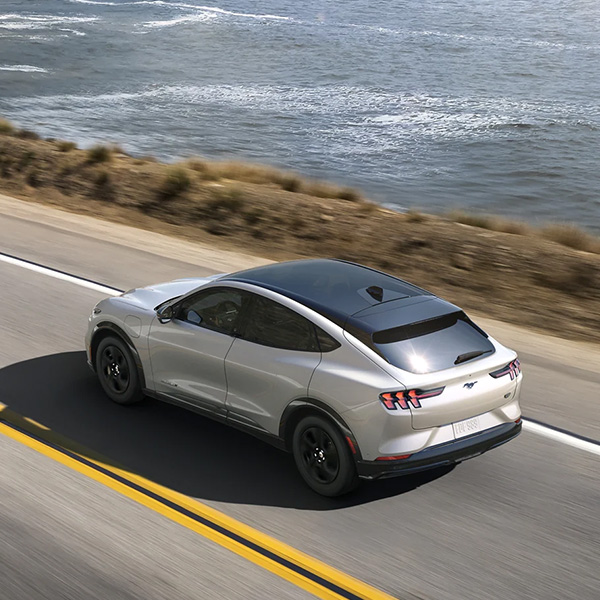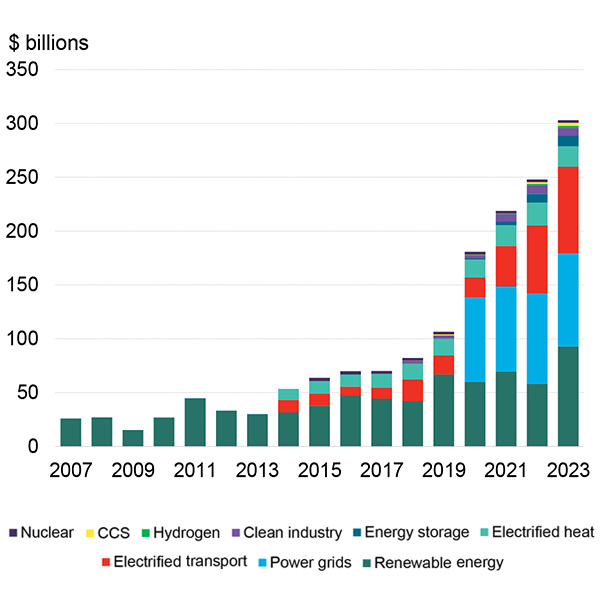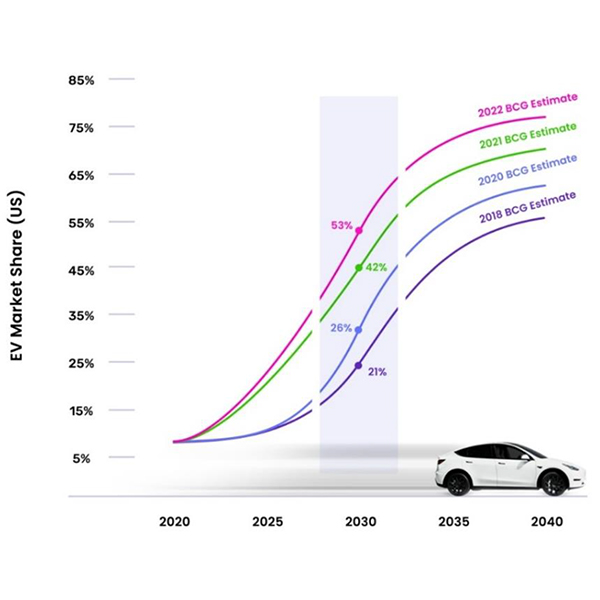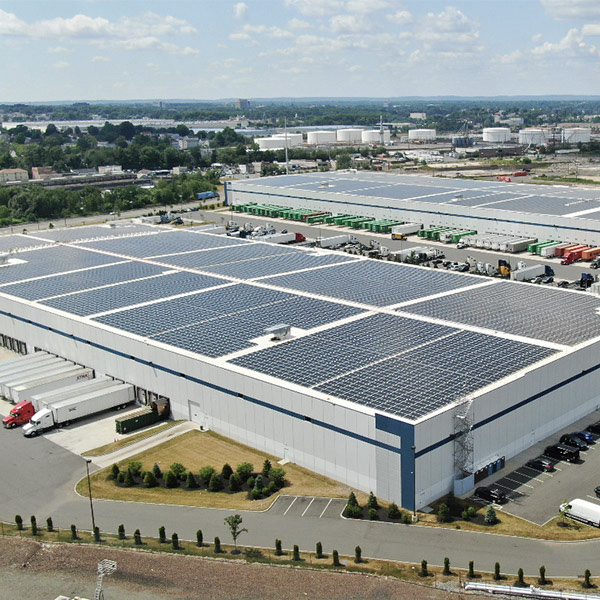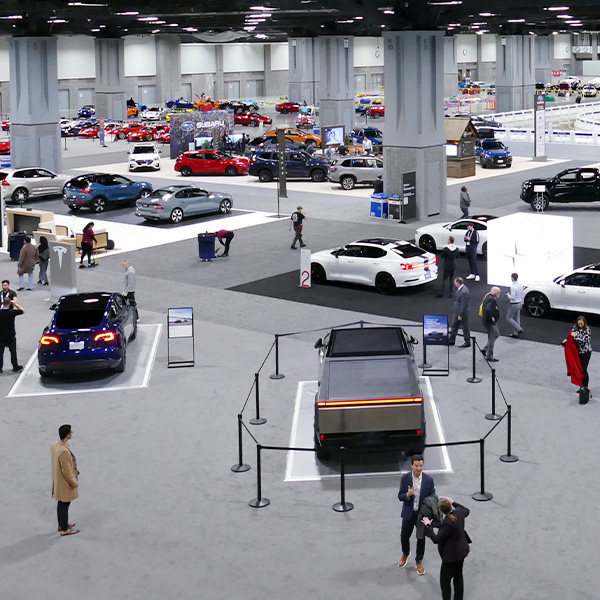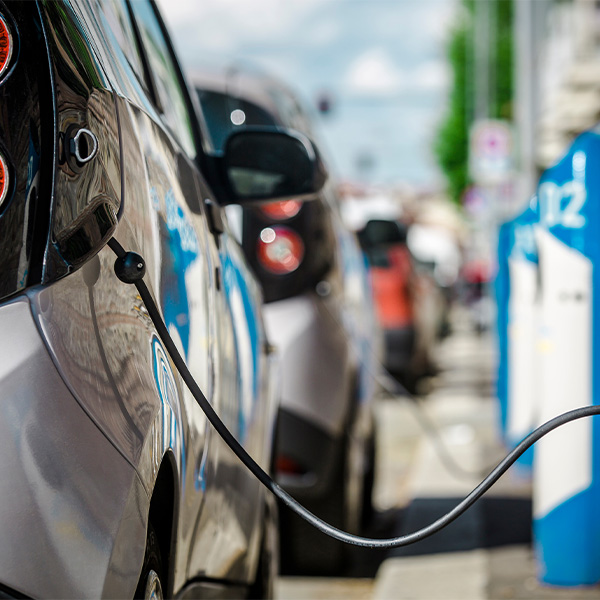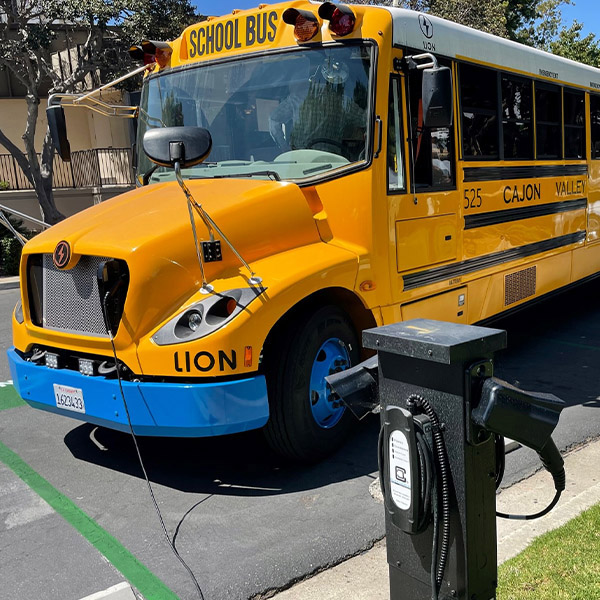Electric vehicles (EVs)
New Jersey legislators sent a bill to the governor’s desk March 18 that would place a $250-a-year fee on zero emissions vehicles.
With site preparation now complete, Lithium Americas is estimating a three-year construction period at Thacker Pass, with the mine and plant producing at full capacity in 2028.
New Jersey’s Assembly Transportation and Independent Authorities Committee backed a bill that would levy a $250/year fee on EV registration beginning in July.
The momentum created by billions of dollars in federal incentives and tax credits has been tempered by supply chain constraints and the impacts of inflation and higher interest rates.
PJM's Planning Committee endorsed revised values for the installed reserve margin and forecast pool requirement used to calculate capacity procurement targets in the 2025/26 Base Residual Auction.
NERC warned that remaining industry “knowledge gaps” around electric vehicles and their charging systems may make it difficult for grid operators to maintain reliability.
A Senate committee endorsed a revision of how clean energy grid connections are funded and advanced bills to give tax credits to help install EV charging stations and retrofit warehouses for rooftop solar.
House Republicans debated Democrats over the Biden administration’s industrial policy and EV subsidies and performance.
The bill seeks to accelerate the installation of direct current fast chargers by giving commercial charger operators a break on rates.
New Jersey would allocate $15 million from the current state budget for the first year of the state’s electric school bus program.
Want more? Advanced Search
